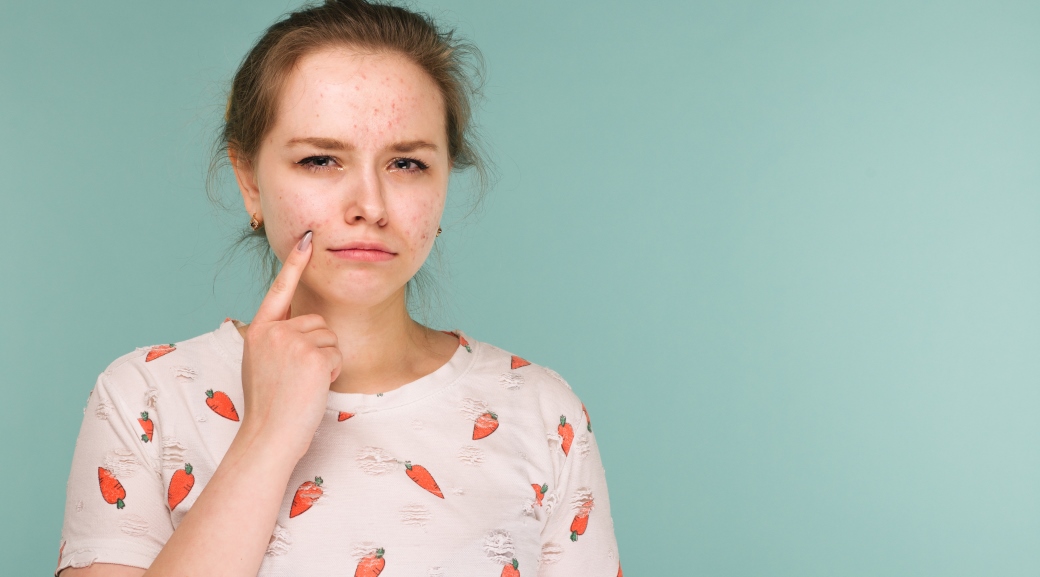Skin offers a window into a person’s general health and well-being.
Many of us will experience encounters with customers dealing with common skin issues which include eczema, psoriasis, acne, rosacea and urticaria (known as hives).
It’s important to consider a customer’s mental health when they seek advice from a beauty advisor, as problematic skin could be causing them confidence issues, anxiety or even depression.
In fact, according to Reuters Health, in the first year after being told by a doctor that they have acne, patients’ risk for a diagnosis of major depressive disorder spikes by more than 60 percent compared to the general population.
To help you best navigate problematic skin issues, esprit caught up with Amperna founder Kiri Yanchenko.
Kiri personally struggled with adult acne before spending years researching, testing and developing a skincare solution with the help of a likeminded chemist.
How important is skin health?
Skin health is really important. Our skin is our largest organ and it is thought to be the window into your general well-being. Good healthy skin is important for your appearance, and as such, skin health can also be linked to mental health. The skin is important to our feelings of self-worth and mental wellbeing. When we have skin issues, we may feel anxious or upset about them. More importantly, skin health is important because your skin performs so many essential tasks for your body. Skin is the waterproof wrapping for our body, it helps guard us against bacteria and organisms, it helps cool us (sweat) and gives us information about temperature, pressure, pain. Many underlying health conditions can appear first as skin problems.
How can a beauty advisor diagnose a client’s skin?
Amperna believes in holistic skin health and we help our ongoing clients using holistic principles like diet, supplements, allergy tests, stress relief, looking at personal care items, the order they’re used in and other items they use in the home. We refer people to dieticians, doctors and dermatologists as well. Genetics, ageing, hormones, and conditions such as diabetes are internal factors that affect the skin. Some of these you cannot change, but there are many other external factors that you can help with. External influencers such as unprotected sun exposure and washing too frequently or with water that is too hot can damage skin. You can help your client with a skincare regime that is kind to their skin.
How can a beauty advisor help a consumer work towards glowing skin?
Your main goals should be helping your customer understand how their skin functions, to navigate ingredients and products, and provide holistic solutions to help them work towards glowing healthy skin.
Five talking points to help you do this are:
1. Eating a healthy varied diet
2. Stress levels and keeping them in check
3. How to retain skin moisture
4. Reviewing sleep patterns
5. Any habits like smoking for example.
What should an ideal daily skin routine consist of?
Since every skin is different there is not really a one size fits all approach nor an ideal daily skin routine. As a general rule of thumb, you need to clean and hydrate your skin, so a good cleanser like our Ultra Gentle Soothing Cleanser and a good moisturiser like our Lightweight Soothing+ Emulsion are ideal. Being sun smart is also important, so your routine should involve sun protection. I go the extra mile in Australia; I wear a hat and carry an umbrella as our sun is so harsh. As part of a pro-ageing routine, adding the right serums to your routine daily is a good idea as well. Using products with a topical probiotic in them, like ours, helps protect your skin against free radical damage. The beauty of our range, coupled with our holistic skin coaching service, means we can help our customers achieve their best skin using holistic principles. Everyone is different, so their regimes should reflect that.

